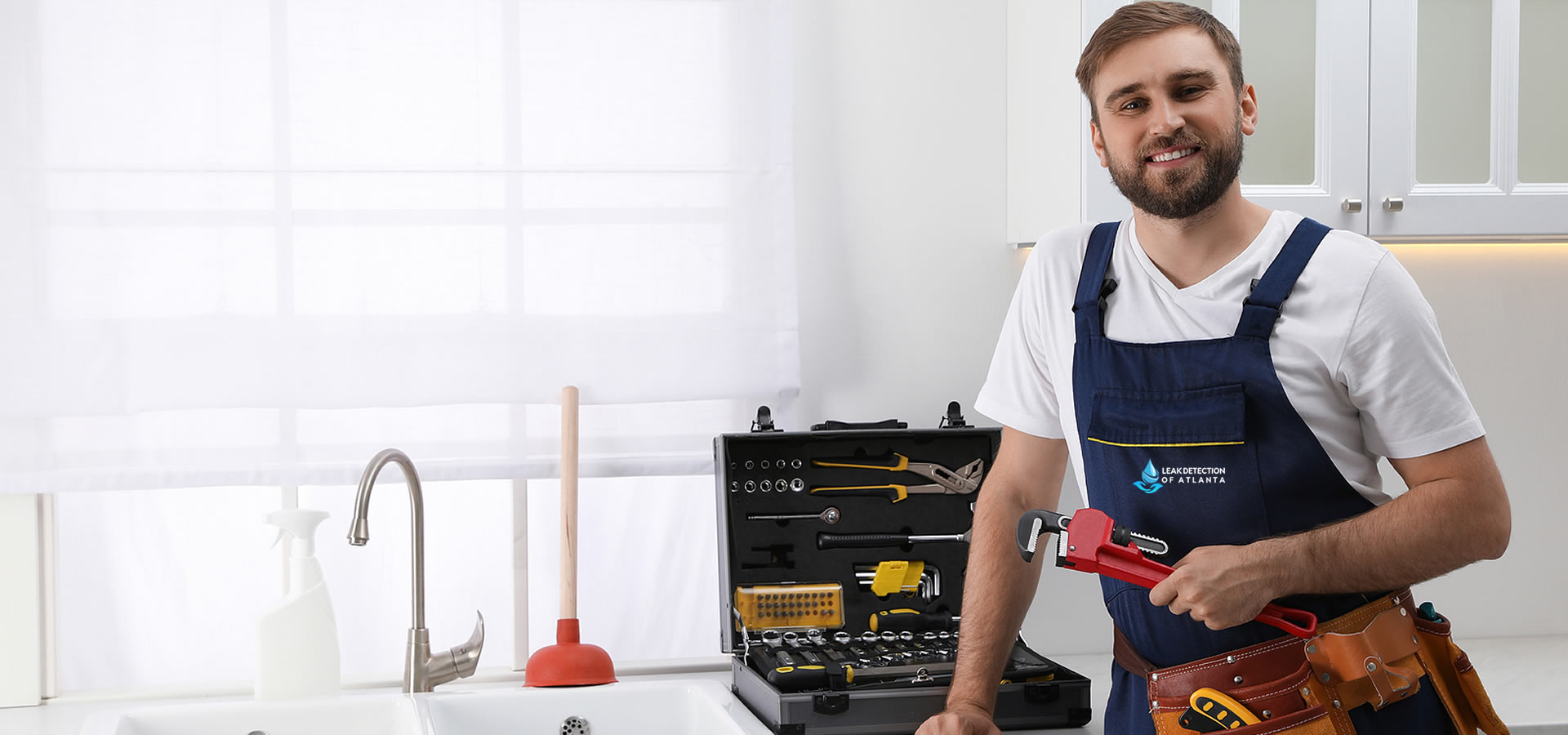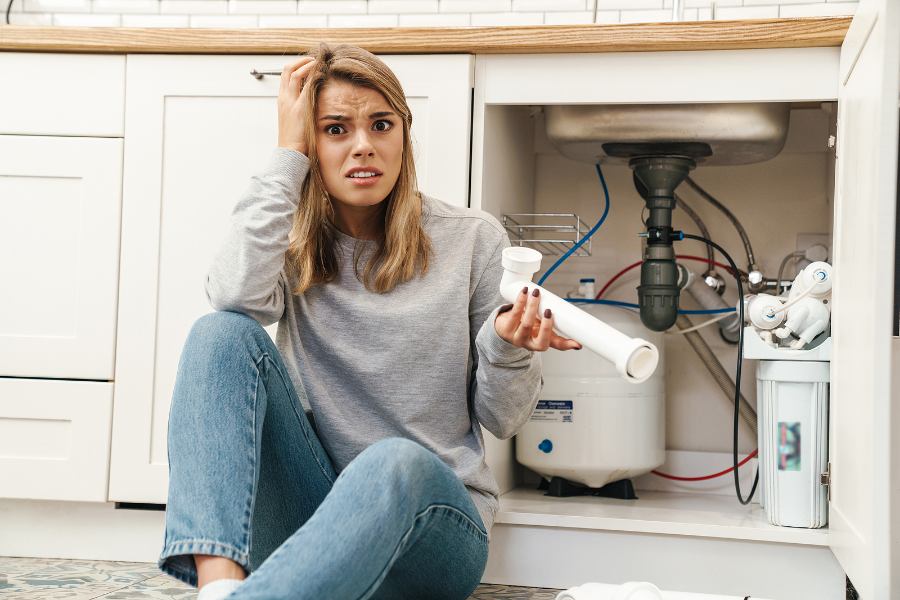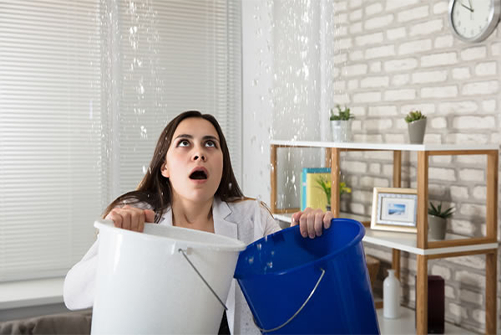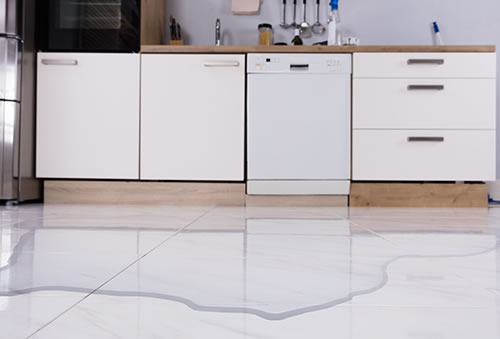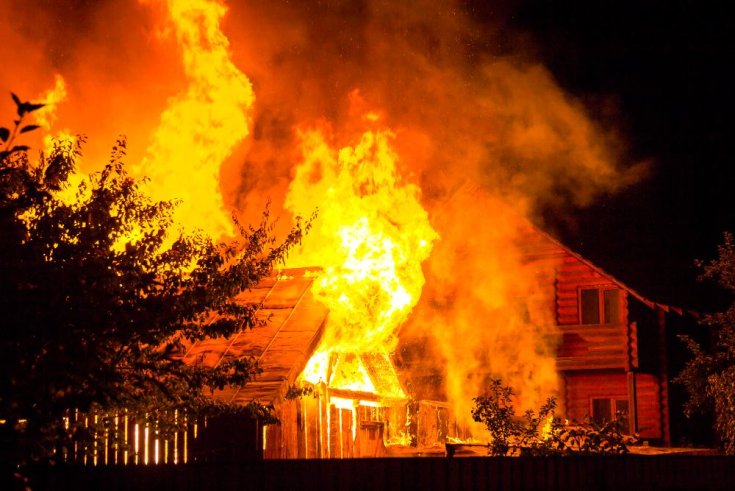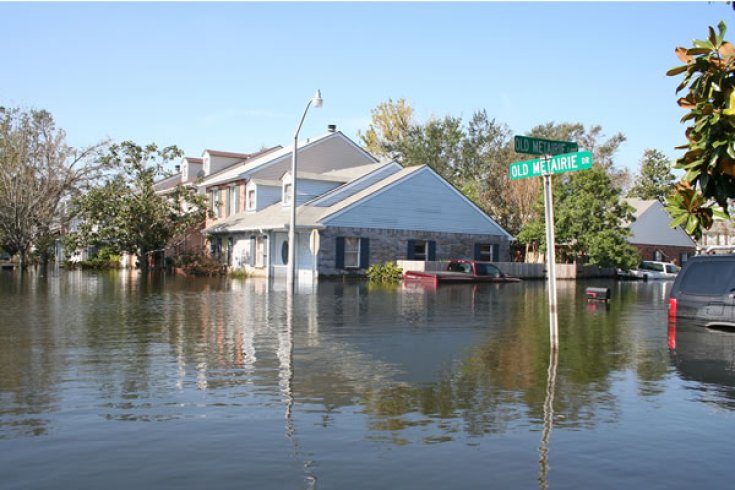Why Are My Plumbing Pipes Making Noise?
Nowadays, there are many sources of plumbing-related sounds—and your pipes may be making various noises. Certain sounds are normal, and others are not. It's up to you to determine the cause for each sound and determine if the sound is producing an issue—like a crack, hole, or leak in a pipe. Usually, these problems can be easily repaired by a knowledgeable emergency plumber like the Leak Detection of Atlanta team.
Types of Noises
If you hear strange noises from your pipes, you might have some problems with your plumbing system. It could be a sign of something serious, or it could just be your pipes settling in after a remodel. Many types of noises can come from your plumbing, and each one means something different. If you hear any noise from your pipes, you must immediately call a Leak Detection of Atlanta plumber.
Banging
Loose fittings or copper pipes usually cause banging pipes. Loose fittings can be fixed by tightening them down with an adjustable wrench or pliers. Copper pipes can also be tightened with an adjustable wrench or pliers if they aren’t too far apart. If the joint has been separated for some time, it may need to be soldered back together before being tightened again.
Rattling
Rattling noises are another common issue with plumbing systems that have galvanized steel pipes or fittings installed. These types of pipes are usually found in older homes but are still used today because they are cheaper than copper piping and easier to install than PVC piping systems. Galvanized steel pipes tend to rattle because they expand and contract more easily than other types of piping materials do during temperature changes throughout the year, which causes them to lose their seal against each other, leading to rattling noises and deterioration of the fittings.
Whistling
The most common type of plumbing noise is whistling. This occurs when water pressure creates suction on the inside pipes, and pipes move closer together, creating a high-pitched whistling noise. Whistling can also occur when the water pressure pushes against low-pressure areas in pipes such as joints. Whistling can also be caused by loose fittings in your plumbing system that allow air to enter the pipe system. It's important to keep an eye out for these types of noises since they can indicate leaks or blockages elsewhere in your plumbing system that needs attention.
Causes of Plumbing Noise
If a plumbing noise is causing you concern, many causes can be the culprit. If you’re not sure where to start, consider the following.
Loose Fittings
One of the most common causes of plumbing noise is loose fittings in the walls or floors. These fittings can be plastic or metal, and they're used to connect pipes together so that water flows through them easily without resistance from friction between the two surfaces rubbing together. When these fittings get loose over time due to wear and tear or simply being installed improperly by the contractor who did your house's remodel job, they can make squeaking sounds when water passes through them during normal use in your house.
Copper Pipes
If you have copper pipes in your home, it may also cause excessive noise from your plumbing system. Copper pipes are susceptible to corrosion from water and other liquids and temperature changes. These issues can lead to leaks and clogs, which cause loud noises when water flows through them.
Water Hammer
Another common source of loud noises in your pipes is water hammering. Water hammering occurs when fast-moving water hits slower-moving parts of the plumbing system, creating a loud banging sound. This could happen if there is too much pressure in your pipes or because one part of your plumbing system is clogged with sediment or dirt particles from previous use by residents of your home.
Water Pressure Causing Noise
If you have a high-pressure water system, the sound could be caused by the water pressure. The plumbing system may have a lot of friction as well. An increase in pressure does not always cause high pressure; sometimes, it is caused by a decrease in flow. This can happen when an obstruction or blockage in the system restricts the flow of water.
Blockages and Sludge Buildup
Blockages and sludge build-up are common causes of noisy pipes. If your pipes are older than 20 years, they may have accumulated a layer of sediment which can cause them to make noise when running hot water or using high pressure. This sediment will accumulate more as time goes on and can cause more problems, such as leaks and other issues that need to be addressed immediately. If you hear any unusual noises coming from your pipes, it’s best to contact a plumber immediately so they can assess the situation and get things fixed before they worsen!
Leak Detection of Atlanta
The two major culprits for noisy pipes are loose fittings and copper piping. Pipes installed or replaced incorrectly can lead to many problems for homeowners. If you have any concerns, you should contact a plumbing service immediately. Don’t let the problem continue and potentially result in more serious issues. Leak Detection of Atlanta is here for all your plumbing concerns and needs.

